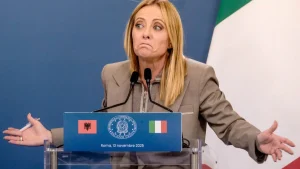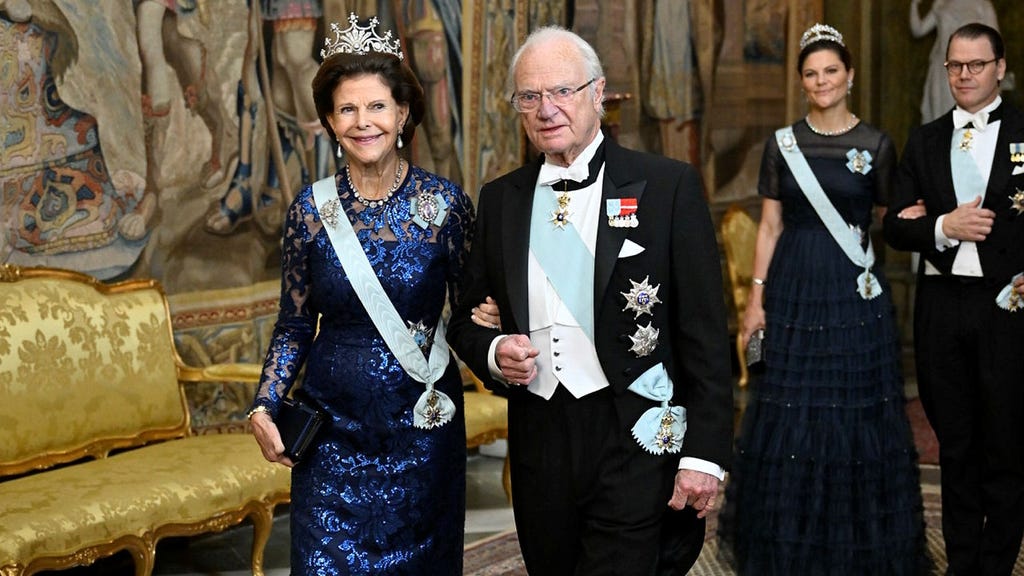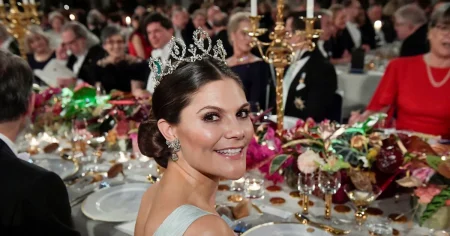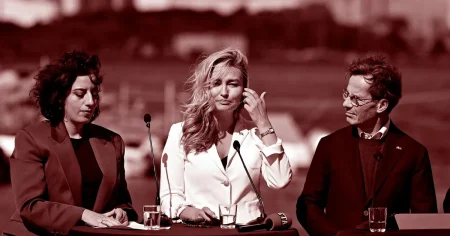The recurring debate surrounding the allocation of funds for representation expenses, specifically for food and beverages, within the Swedish political landscape sparks considerable interest and controversy. Proponents of increased spending argue that such expenditures are essential for fostering relationships, facilitating negotiations, and ultimately, advancing Sweden’s interests on both domestic and international stages. Opponents, however, counter that lavish spending on food and drink creates an impression of extravagance and detachment from the concerns of ordinary citizens, potentially eroding public trust and raising questions about the responsible use of taxpayer money. This complex issue necessitates a thorough examination of the various perspectives, the underlying justifications, and the potential implications of increasing budgetary allocations for representation expenses.
A key argument advanced by those advocating for increased spending on representation hinges on the crucial role of hospitality in building rapport and strengthening relationships within the political arena. Official dinners, receptions, and working lunches provide invaluable opportunities for politicians to engage in informal discussions, exchange ideas, and cultivate personal connections with key stakeholders, including foreign dignitaries, business leaders, and representatives from civil society organizations. These informal settings often prove more conducive to open communication and frank dialogue than formal meetings, potentially leading to breakthroughs in negotiations and fostering a sense of mutual understanding and trust. In an increasingly interconnected world, where diplomatic ties and international collaborations are paramount, the ability to effectively engage and build relationships with counterparts from different cultural backgrounds becomes a strategic asset. Advocates maintain that adequate funding for representation activities, including food and drink, is an indispensable tool for achieving these objectives.
Furthermore, proponents argue that representation expenses are not merely a matter of indulging in extravagant meals; rather, they represent an investment in promoting Sweden’s image and advancing its national interests. Hosting official events and receptions allows Swedish representatives to showcase the country’s culture, cuisine, and hospitality, thereby creating a positive impression and fostering goodwill among international partners. Such events can also serve as platforms for promoting Swedish businesses and attracting foreign investment, contributing to economic growth and job creation. In a highly competitive global landscape, where nations vie for influence and resources, the ability to effectively project a positive image and build strong international relationships can be a decisive factor in securing advantageous trade deals, attracting foreign investment, and advancing diplomatic objectives. Therefore, proponents argue that investing in representation activities, including appropriate provisions for food and beverages, is a necessary expenditure that yields significant returns in terms of promoting national interests and enhancing Sweden’s global standing.
However, the opposing perspective emphasizes the potential pitfalls of excessive spending on food and drink for representation purposes. Critics argue that lavish expenditures on opulent meals and expensive wines create an impression of extravagance and detachment from the realities faced by ordinary citizens, particularly during times of economic hardship or austerity measures. Such displays of opulence can fuel public resentment and erode public trust in political institutions, leading to accusations of fiscal irresponsibility and misplaced priorities. Critics contend that politicians should exercise prudence and restraint in their spending habits, demonstrating a commitment to fiscal responsibility and ensuring that public funds are utilized in a manner that reflects the values and priorities of the citizens they represent. Transparency and accountability in the use of public funds are essential for maintaining public trust and ensuring the legitimacy of government operations.
Moreover, opponents raise concerns about the potential for conflicts of interest and undue influence arising from lavish hospitality provided by lobbyists or special interest groups. The acceptance of expensive gifts, meals, or entertainment by politicians can create an obligation to reciprocate, potentially compromising their impartiality and objectivity in decision-making processes. The blurring of lines between legitimate representation activities and undue influence poses a significant threat to the integrity of democratic institutions and undermines public confidence in the fairness and impartiality of government decisions. Strict regulations and ethical guidelines are necessary to prevent conflicts of interest and ensure that representation activities are conducted in a manner that upholds the highest standards of ethical conduct.
Ultimately, the debate over spending on representation expenses for food and drink in Sweden reflects a broader tension between the perceived necessity of fostering relationships and projecting a positive image on the one hand, and the imperative of maintaining fiscal responsibility and upholding public trust on the other. Finding the appropriate balance between these competing demands requires careful consideration of the specific context, the potential benefits and drawbacks of different spending levels, and the importance of transparency and accountability in the use of public funds. Open dialogue and robust public debate are essential for ensuring that decisions regarding representation expenses are made in a manner that serves the best interests of the Swedish people and strengthens the foundations of democratic governance. While some may argue the benefits of increased spending, others advocate for greater transparency and accountability in the use of these public funds to maintain public trust and avoid perceived extravagance. The debate continues as Sweden navigates the complexities of representing its interests both domestically and internationally.














